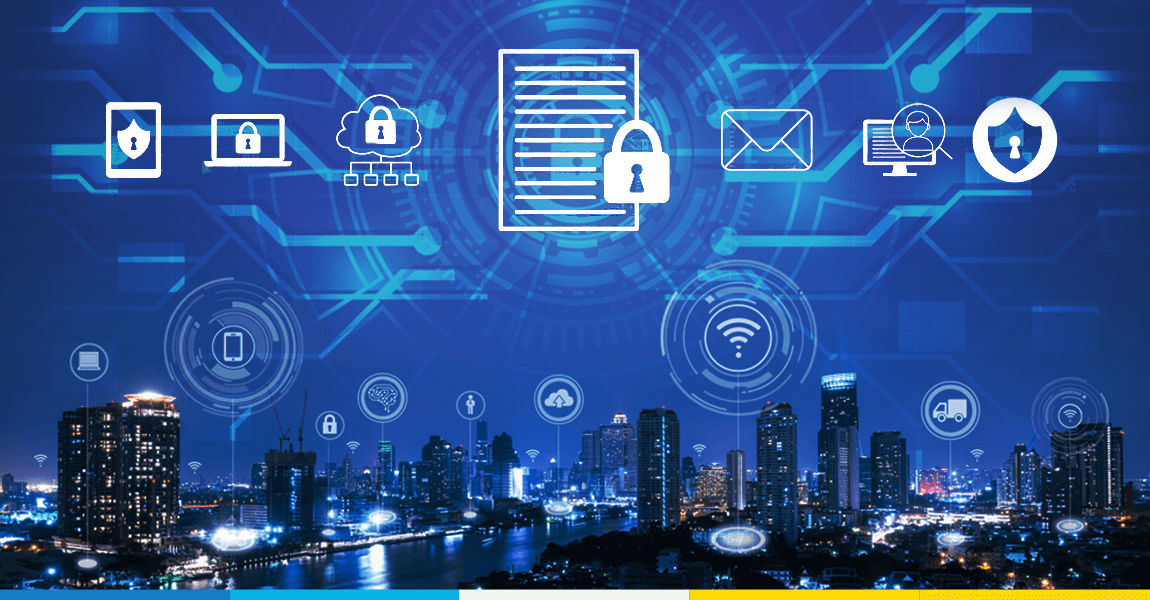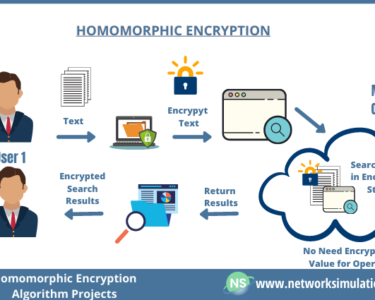
Securing Smart Cities Digitally
In the era of rapid technological advancements, smart cities are emerging as the epitome of urban living. These cities seamlessly integrate information and communication technologies (ICTs) to enhance efficiency, sustainability, and citizen engagement. However, with the increasing reliance on digital infrastructure, the need for robust cybersecurity measures has become paramount.
Cybersecurity Threats to Smart Cities
Smart cities present unique cybersecurity challenges due to their extensive interconnection and dataflows. These challenges include:
- Data breaches: Smart cities collect vast amounts of data from sensors, surveillance cameras, and other sources. This data can be valuable to malicious actors for identity theft, fraud, or blackmail.
- Cyberterrorism: Hackers could target critical infrastructure such as power grids, transportation systems, and water treatment plants, causing widespread disruption or even physical damage.
- Privacy concerns: Smart city technologies often involve the collection and use of personal data, raising concerns about privacy and data protection.
Securing Smart Cities
To effectively secure smart cities, a multi-layered approach is essential:
- Strong cybersecurity policies and regulations: Governments and city authorities must establish clear cybersecurity policies that outline data protection protocols, incident response plans, and penalties for violations.
- Robust network security: Smart city networks should be protected with firewalls, intrusion detection systems, and other security measures to prevent unauthorized access and malicious attacks.
- Encryption and data security: Data collected by smart city devices and systems should be encrypted to protect it from interception and unauthorized use.
- Cybersecurity awareness and training: City officials, employees, and citizens must be educated about cybersecurity risks and best practices to prevent human error and phishing attacks.
- Incident response planning: Smart cities must have comprehensive incident response plans in place to quickly detect, respond to, and mitigate cyber threats.
- Collaboration and information sharing: Cybersecurity agencies, law enforcement, and private sector entities should collaborate to share information about emerging threats and response strategies.
Benefits of Enhanced Cybersecurity
Investing in cybersecurity for smart cities brings numerous benefits, including:
- Protection of critical infrastructure: Cybersecurity measures help ensure the continuity of essential services such as energy, water, and transportation.
- Preservation of citizen trust: By protecting data privacy and preventing cybercrimes, smart cities build trust among their citizens.
- Economic growth and innovation: A secure digital environment fosters innovation and attracts businesses and investment to smart cities.
- Improved citizen engagement: When citizens feel safe and protected online, they are more likely to participate in civic activities and share their ideas.
Conclusion
Securing smart cities digitally is a critical task to ensure the safety, efficiency, and well-being of their citizens. By implementing robust cybersecurity measures, cities can mitigate threats, protect data, and foster trust. Collaboration, data sharing, and ongoing vigilance are essential for building a secure and resilient digital future for smart cities.



